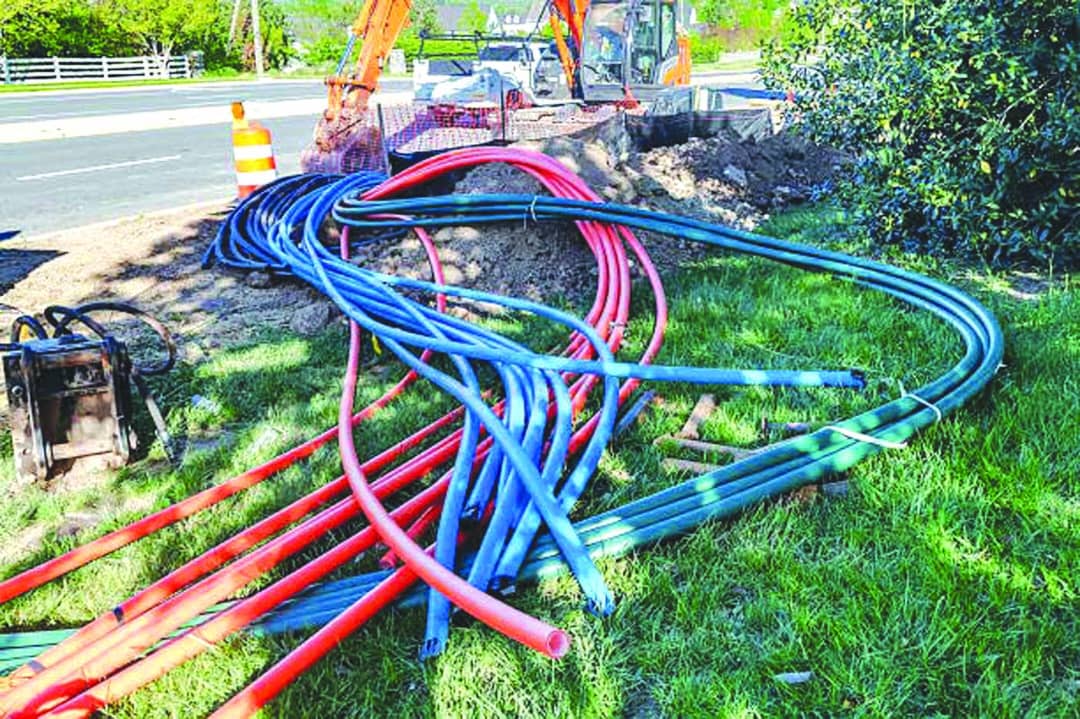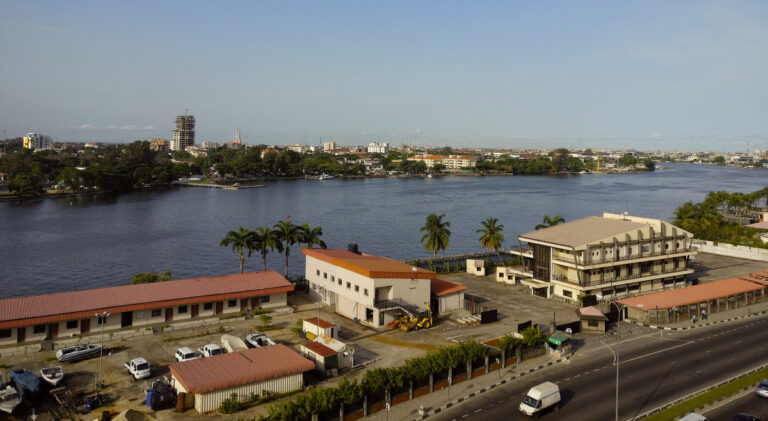WEAK BROADBAND INFRASTRUCTURE: NIGERIA RISKS LOSING OUT IN DIGITAL TRADE, ECONOMY
Nigeria’s ambition to position itself as a digital hub in Africa is under serious threat as experts warn that weak broadband infrastructure could cost the country billions in lost opportunities in the fast-growing digital trade and economy.
Despite having one of the largest internet user bases on the continent, stakeholders say Nigeria’s broadband penetration remains fragile, with inconsistent connectivity, high data costs, and poor coverage in rural areas. These challenges, they argue, are slowing down e-commerce, fintech growth, and the government’s digital economy agenda.
At a recent stakeholders’ forum in Abuja, industry analysts highlighted the widening gap between Nigeria and countries investing heavily in high-speed broadband. They cautioned that without urgent reforms, Nigeria risks being sidelined in the global digital marketplace.
“Digital trade is the new oil. But without strong broadband infrastructure, Nigeria cannot compete,” said Dr. Amina Yusuf, a telecommunications policy expert. “Every second of poor connectivity is a lost opportunity for businesses, entrepreneurs, and even government services.”
The International Telecommunication Union (ITU) projects that digital trade will contribute significantly to global GDP growth in the next decade. However, Nigeria’s weak broadband infrastructure could undermine its ability to attract foreign investment, create tech-driven jobs, and integrate into global value chains.
Small and medium-sized businesses, which make up the backbone of Nigeria’s economy, are among the worst hit. Many report losing customers due to poor internet reliability, while rural entrepreneurs remain cut off from digital platforms entirely.
The federal government has previously set a target of 70% broadband penetration by 2025 under its National Broadband Plan, but progress has been slow due to funding gaps, regulatory bottlenecks, and insecurity in some regions.
Industry players are now urging public-private partnerships to accelerate investment in fiber-optic networks, expand rural connectivity, and reduce the cost of data.
“If Nigeria misses this opportunity, we risk not just falling behind Africa, but the entire world,” warned Chike Obi, an ICT entrepreneur. “The future is digital, and the economy will not wait for us.”
The World Trade Organisation, WTO, and the World Bank, WB, have warned that Nigeria’s weak infrastructure and regulatory gaps could prevent the country from unlocking the potential of the billion dollar digital economy.
The WTO’s stern warning came via a new report jointly carried out by its Secretariat and the World Bank, released under the Digital Trade for Africa project.
The report, assessed Nigeria alongside five other countries; Benin, Côte d’Ivoire, Ghana, Kenya, and Rwanda and identified opportunities and challenges in building competitive digital trade systems.
The report praised Nigeria for progress in expanding digital infrastructure, but warned that internet access remains highly uneven, particularly between urban and rural areas.
Interestingly, the deputy speaker of the House of Representatives, Mr Benjamin Kalu agreed with the report, saying that expanding broadband infrastructure across the nook and cranny of the country is highly imminent, else the world would leave Nigeria behind.
Kalu said: “The world has already moved in this direction, and any delay risks leaving us behind while others surge ahead”
According to the WTO report, “expanding fibre optic infrastructure and enhancing last-mile connectivity are crucial to bridging Nigeria’s urban-rural divide and fostering a more inclusive digital economy and strengthening competition in the telecommunications sector could further drive affordability and service quality for consumers and businesses.”
The Digital Trade For Africa joint project, co-authored by Antonia Carzaniga from the WTO and Nigorakhon Sadikova and Martín Molinuevo from the World Bank, highlighted the central role of Nigeria’s services sector, particularly digitally delivered services, in driving economic growth.
As the world shifts rapidly toward digital trade, the question remains: will Nigeria rise to the challenge or lose its place in the global digital economy?






.jpeg)





.png)




.jpeg)

















.jpeg)
.webp)








(0) Comment
(0) Comment